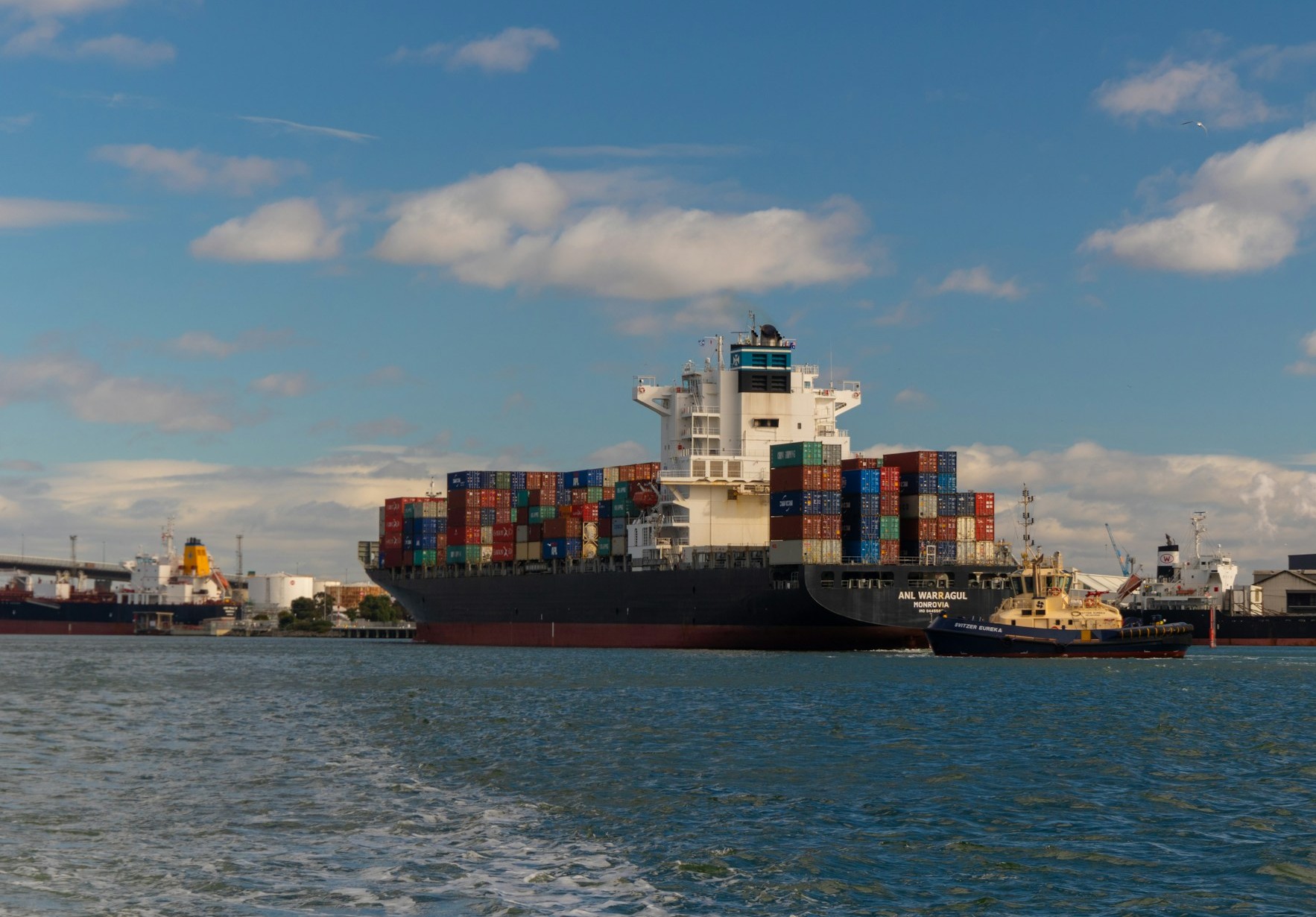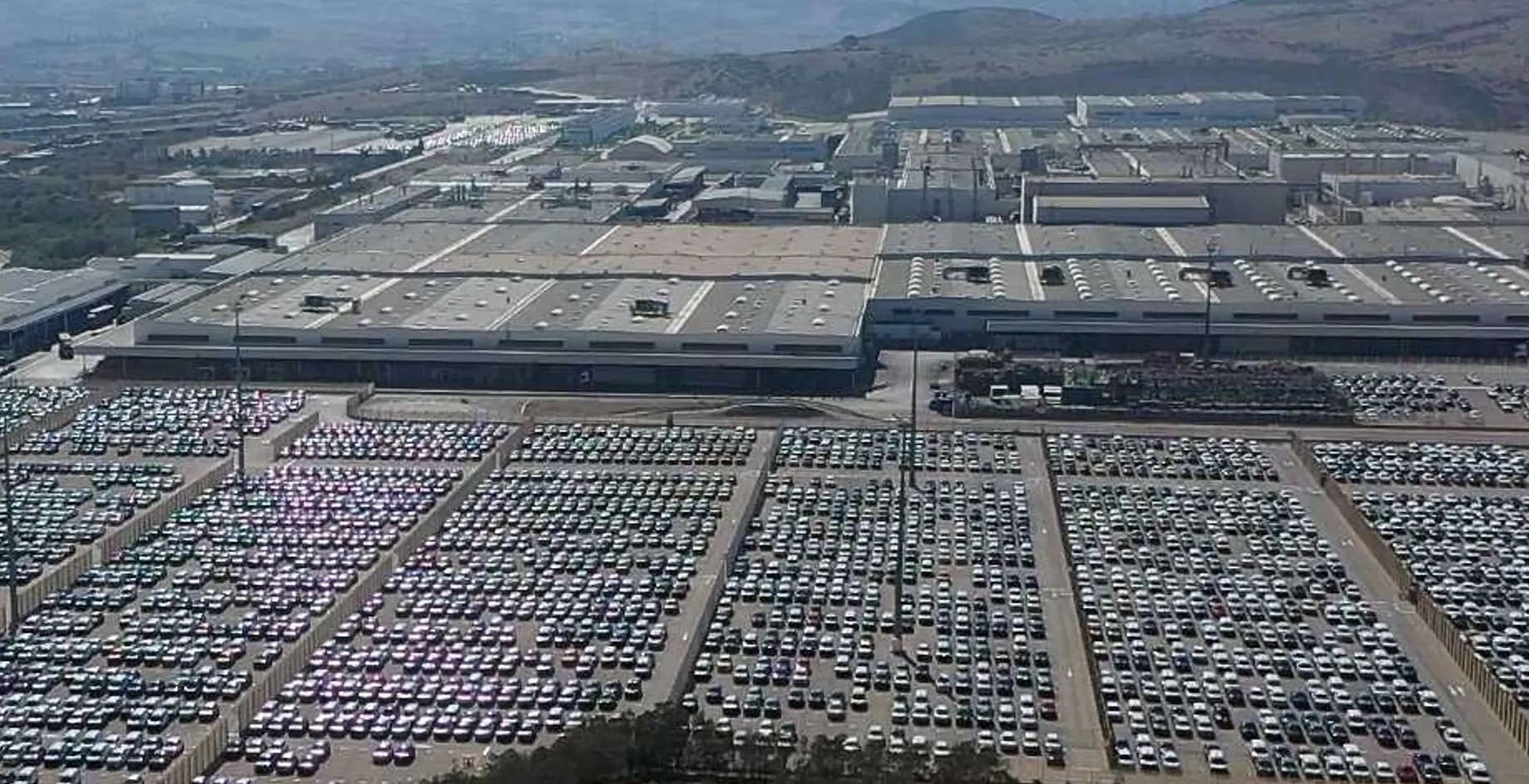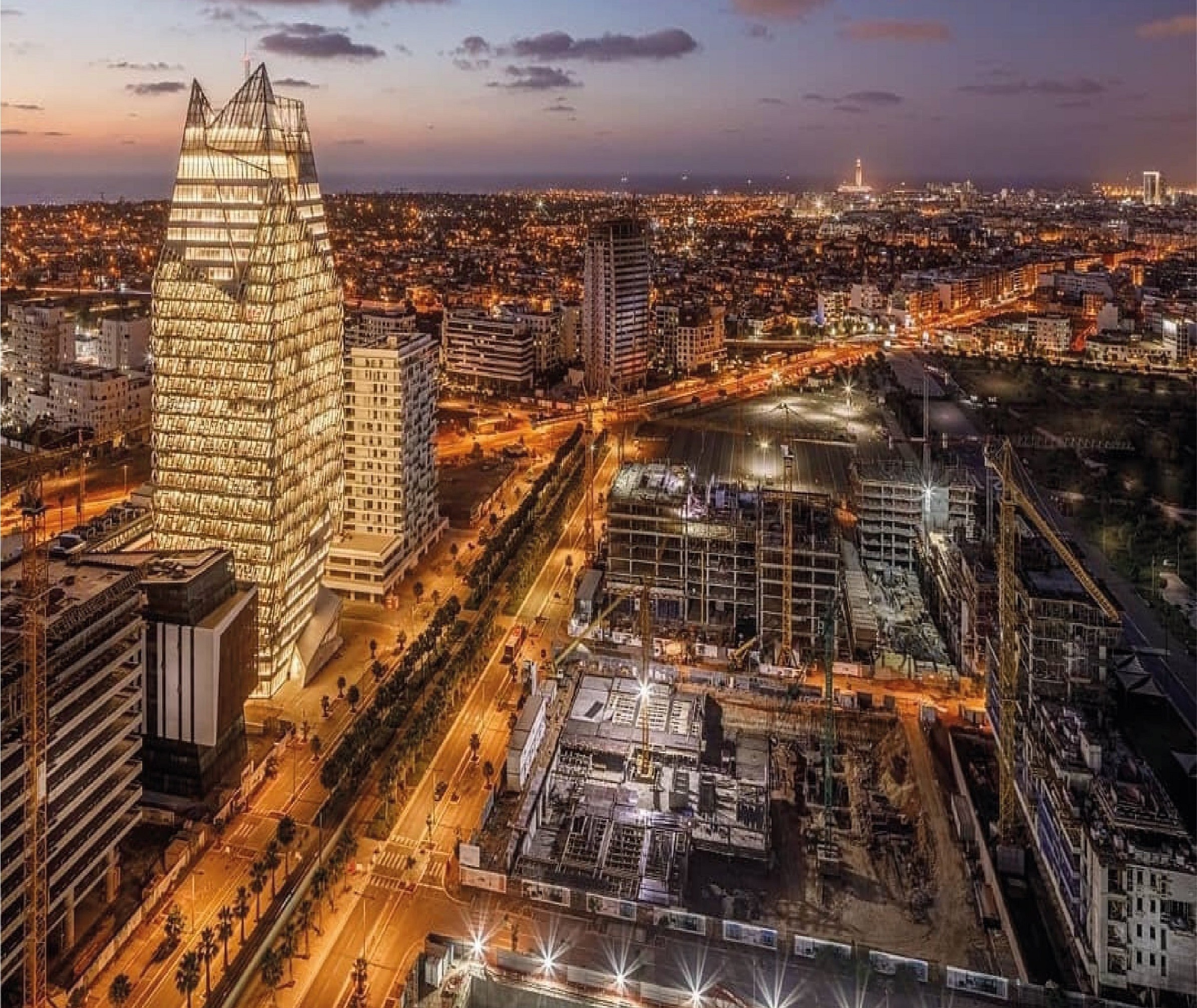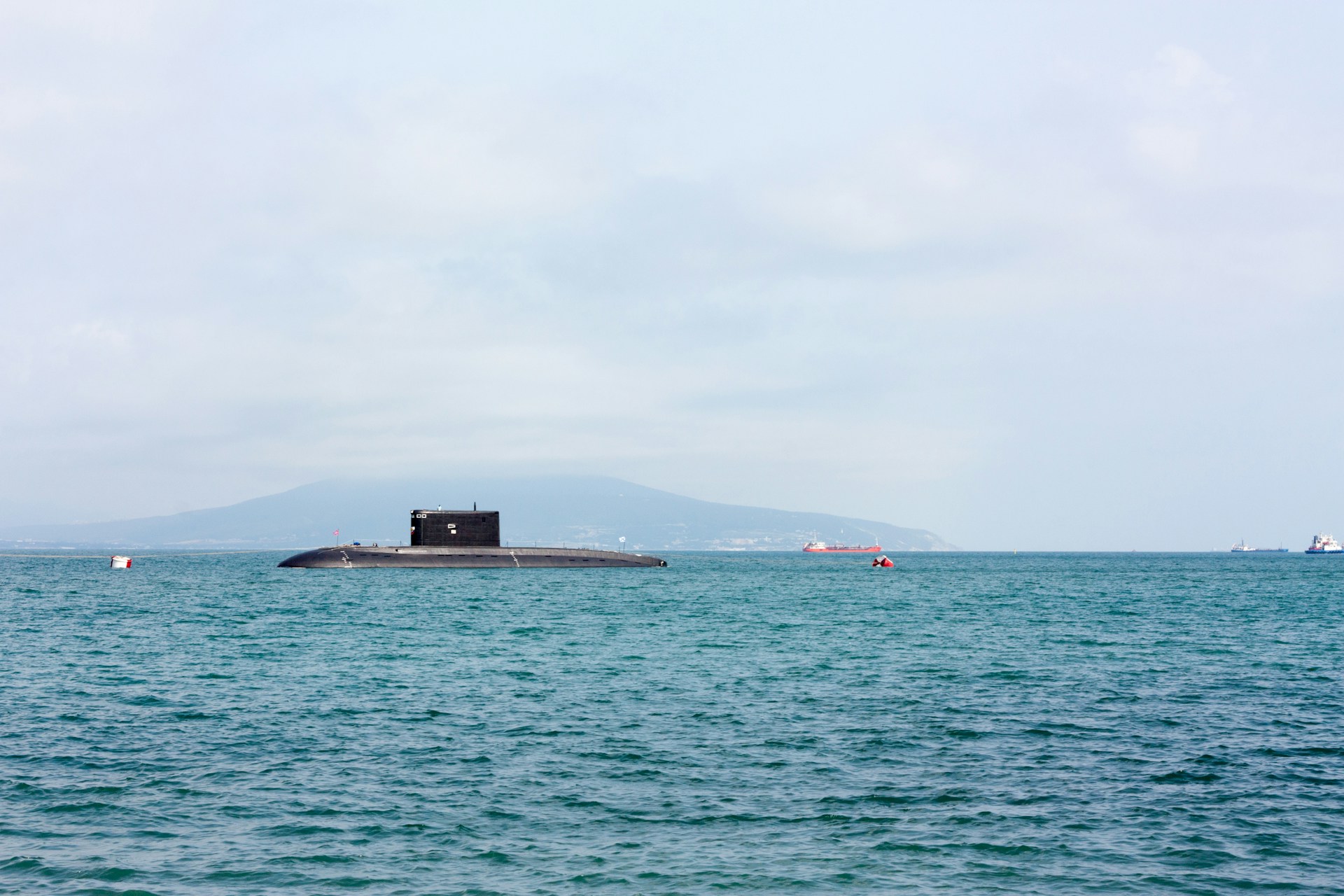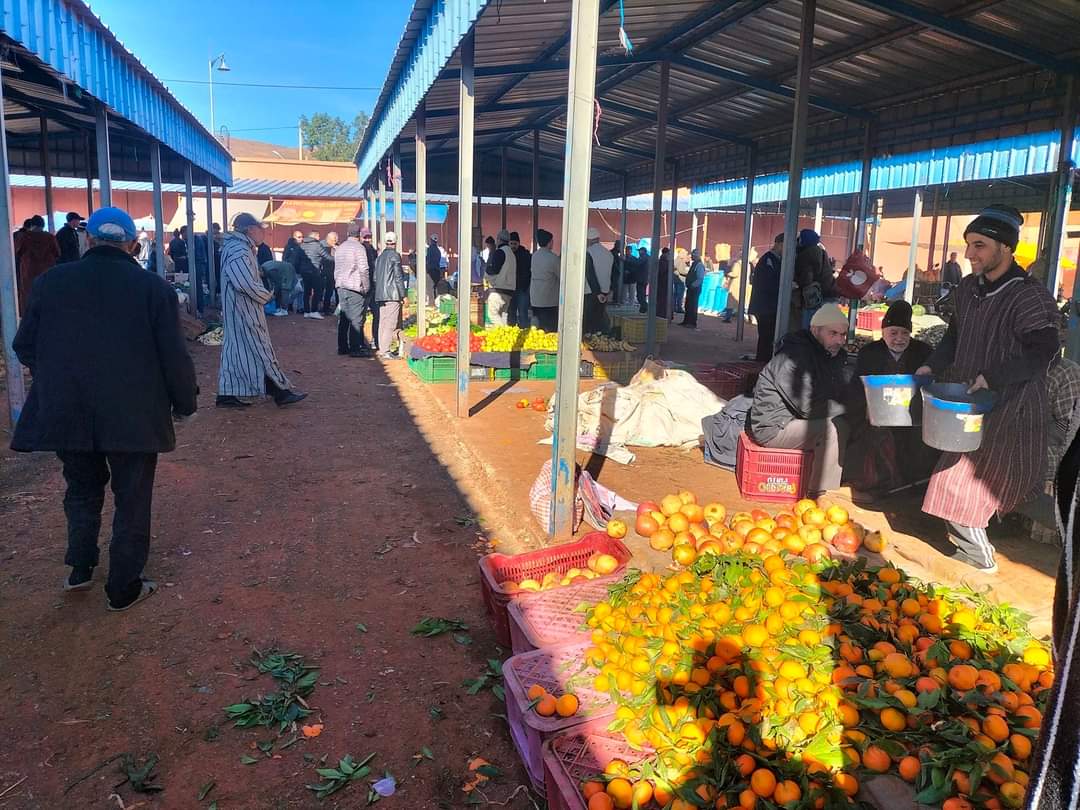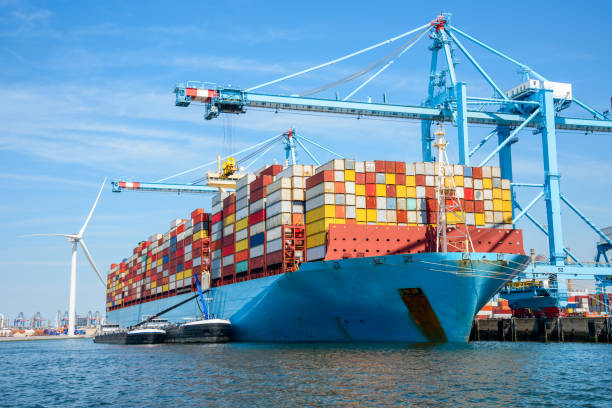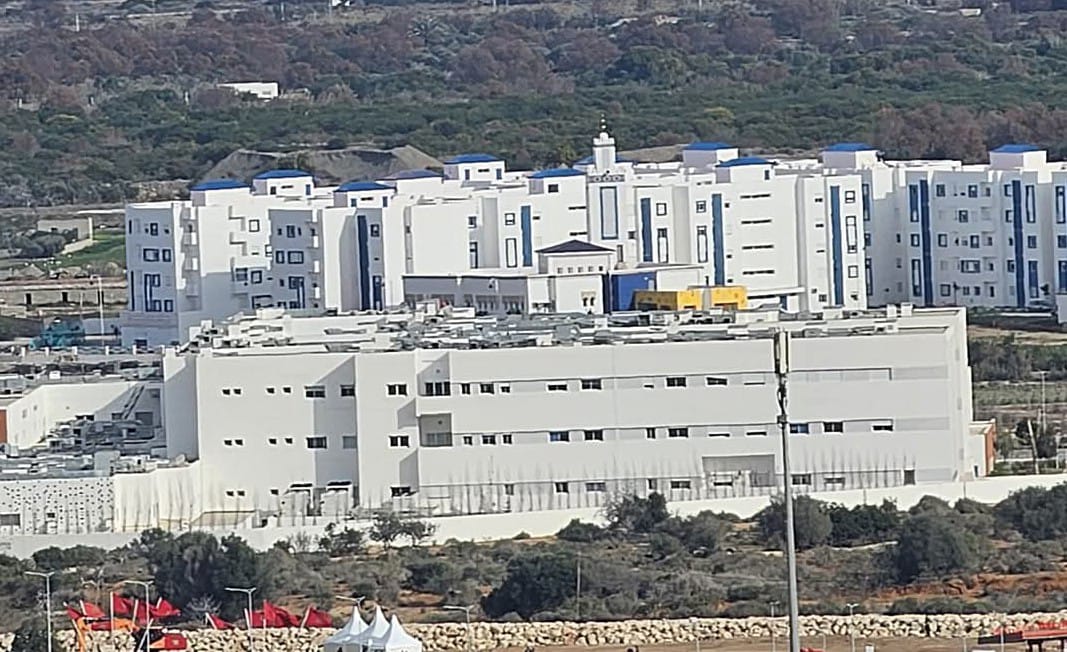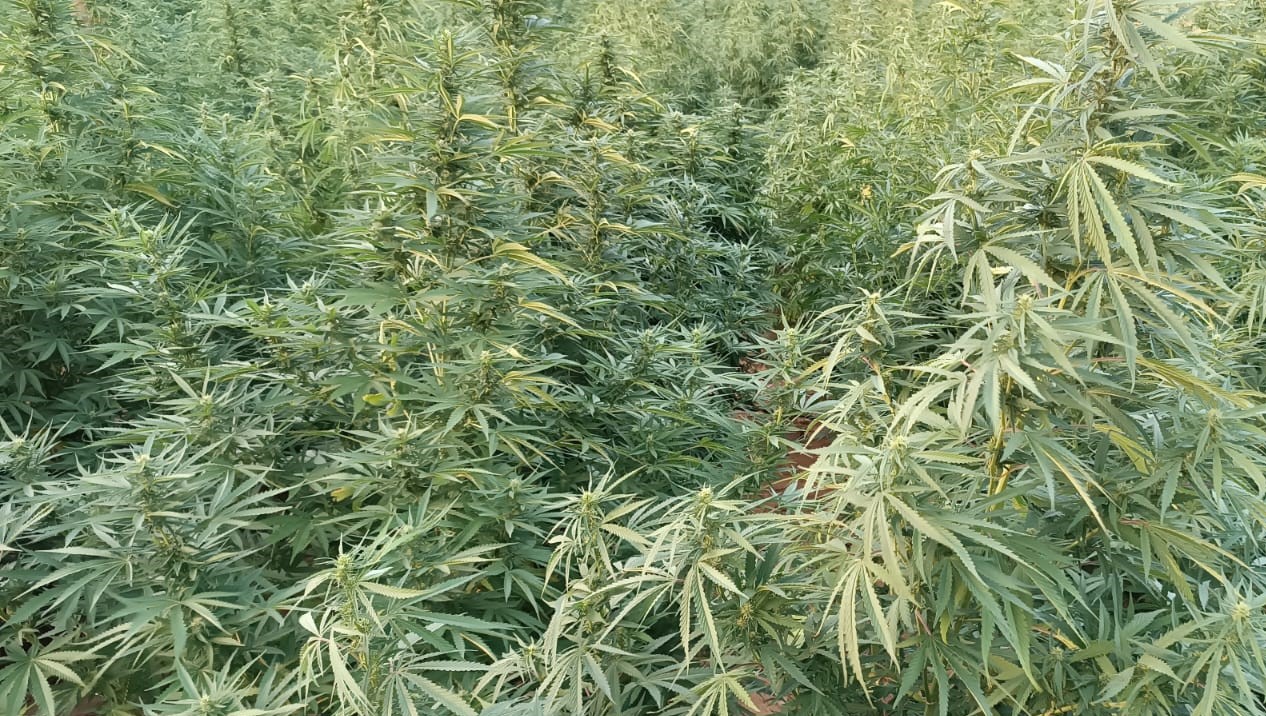Casablanca – Morocco’s annual consumer price inflation slowed in September 2024, reaching 0.8%, down from 1.7% in August. This drop in inflation, which is measured by the consumer price index (CPI), was announced by the High Commission for Planning, the official body responsible for national statistics.
The easing of inflation comes despite continued pressure from food prices, which rose by 0.6% compared to the same month last year. Non-food items saw a 1% increase over the same period, contributing to the overall inflation figure.
On a monthly basis, inflation remained stable in September compared to August. This was the result of a slight 0.1% decline in food prices, offset by a 0.1% increase in non-food products. Key declines were seen in categories such as “Fish and seafood” and “Fruits,” while prices for “Vegetables” and “Meat” saw moderate increases.
Meanwhile, core inflation, which excludes volatile items like fuel and regulated goods, rose by 0.3% in September from the previous month and by 2.4% year-on-year, reflecting underlying price pressures in more stable sectors.
The Moroccan government has taken steps to ease the burden on consumers by increasing wages in both the public and private sectors as part of a social dialogue agreement. This wage boost is expected to enhance household purchasing power, despite ongoing challenges related to food price inflation.
Looking ahead, Morocco’s central bank projects a continued slowdown in inflation. The rate is expected to drop to 1.3% in 2024 before rebounding to 2.5% in 2025, after a peak of 6.1% in 2023 due to rising global commodity prices and the prolonged drought affecting agricultural production.
While the current inflation rate is lower than in previous months, the economic outlook remains cautious, as Morocco continues to grapple with the impacts of drought and water shortages on its agricultural sector and overall economic growth.
